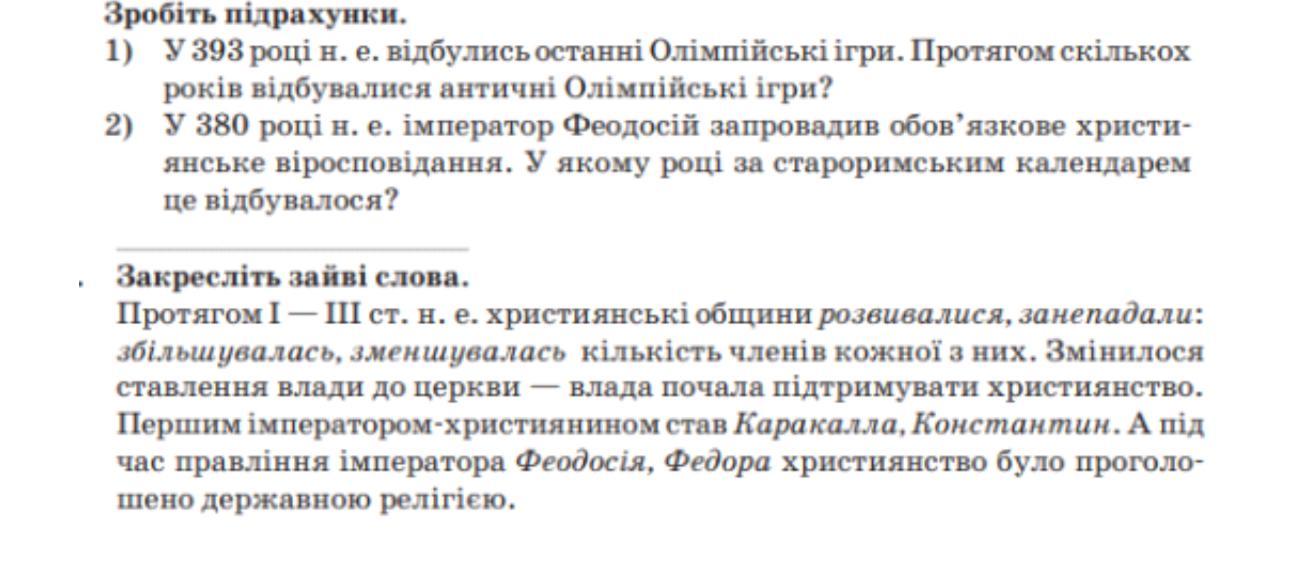история.помогите. Вьвллвлвьвдыбч былы влюбчивый са а а а а а. А а а а а аулвлвлыб

Ответы
Ответ:
1.Античні Олімпійські ігри проводилися в грецькій Олімпії з 776 року до нашої ери по 393 рік нашої ери.
2.Римський календар — спочатку десятимісячний календар, який існував з початку заснування Риму до падіння Римської імперії. Календар побудований на основі місячного календаря. Як і їхні сусіди греки, давні римляни визначали початок своїх робіт за сходом і заходом окремих зірок і їхніх груп, тобто вони пов'язували свій календар з річною зміною вигляду зоряного неба. Ледве чи не головним ‘орієнтиром’ при цьому був схід і захід (ранковий і вечірній) зоряного скупчення Плеяди, що в Римі іменувалося Вергіліями. Початок багатьох польових робіт тут зв'язували і з фавонієм — теплим західним вітром, що починає віяти в лютому (3 — 4 лютого за сучасним календарем). За свідченням Плінія, в Римі з нього починається весна.